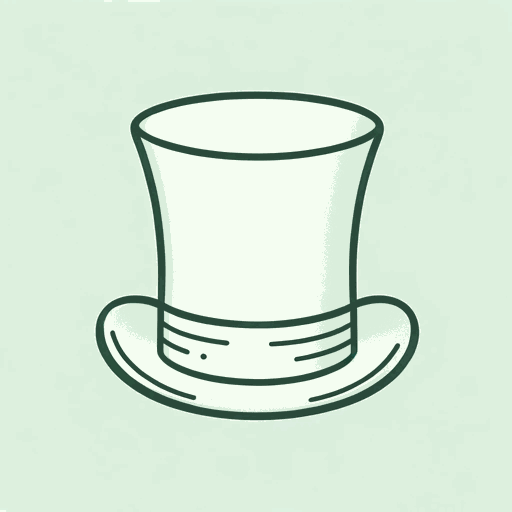53 pages • 1 hour read
Thorstein VeblenThe Theory of the Leisure Class: An Economic Study of Institutions
Nonfiction | Book | Adult | Published in 1899A modern alternative to SparkNotes and CliffsNotes, SuperSummary offers high-quality Study Guides with detailed chapter summaries and analysis of major themes, characters, and more.
Chapters 8-11Chapter Summaries & Analyses
Chapter 8 Summary & Analysis: “Industrial Exemption and Conservatism”
This chapter observes how institutions shape human experience and how they encourage conservatism over progress.
Institutions are typically established by powerful elites for the purpose of promoting a specific social outlook. As such, they are the products of natural selection, a process that encourages the formation of dominant attitudes. In this chapter, institutions are defined as forces that shape human development—such as habits, outlook, social attitudes, etc.—which can change as society develops and adapts to new environmental conditions. These changes can only take place if multiple classes in the community are willing to develop new traditions, habits, and mindsets.
However, since institutions are primarily reactive, they tend to struggle with progress and do not always adapt in time to the circumstances of the present. This is because dominant social attitudes change only in response to outside stimulus which coerce it into reevaluating and readjusting its position. Slow-changing institutions can lead to conservatism and social and psychological inertia. Progressive outlooks are more easily adopted if more members of the community are allowed to be exposed rather than sheltered from the environment.
People resist social change because existing institutions already promote a way of life that is “right, good, expedient, and beautiful” (133) for the majority of the community.
Featured Collections
Business & Economics
View Collection
Challenging Authority
View Collection
Class
View Collection
Class
View Collection
Philosophy, Logic, & Ethics
View Collection
Politics & Government
View Collection
Popular Study Guides
View Collection
Power
View Collection
Sociology
View Collection

